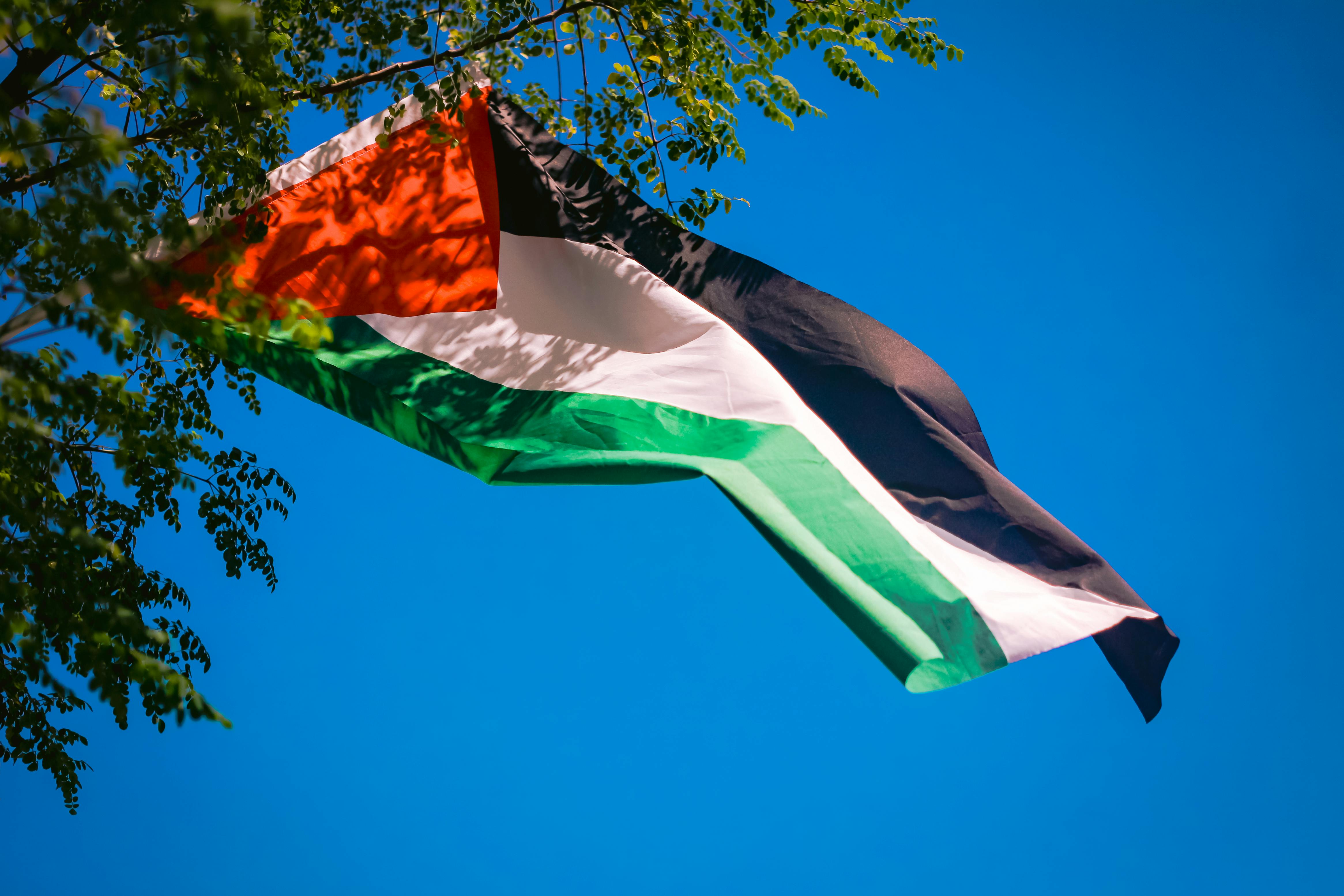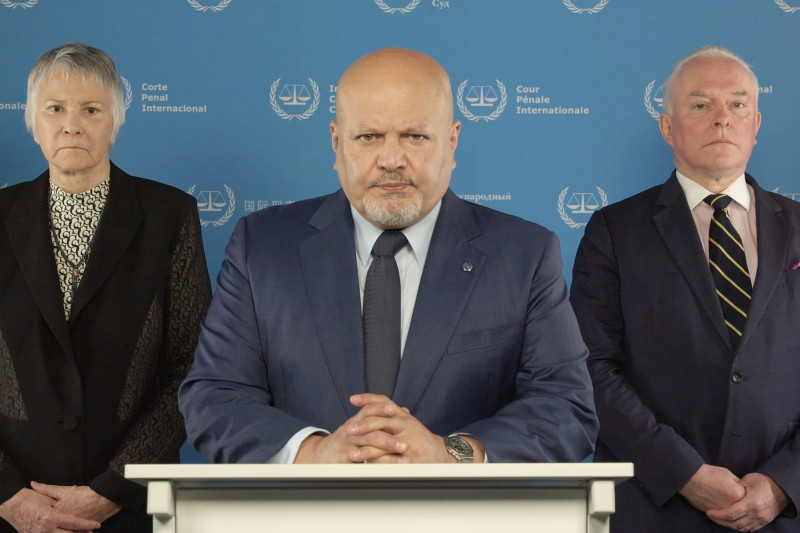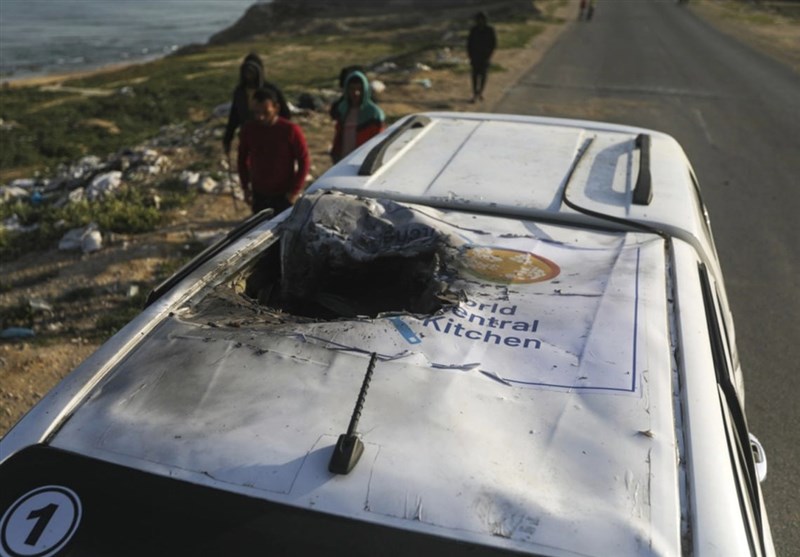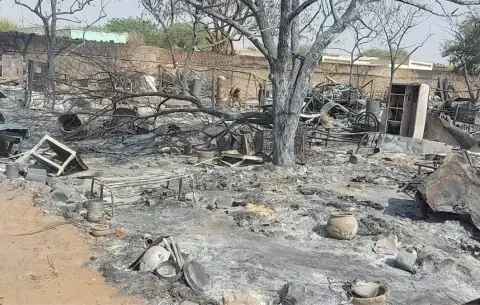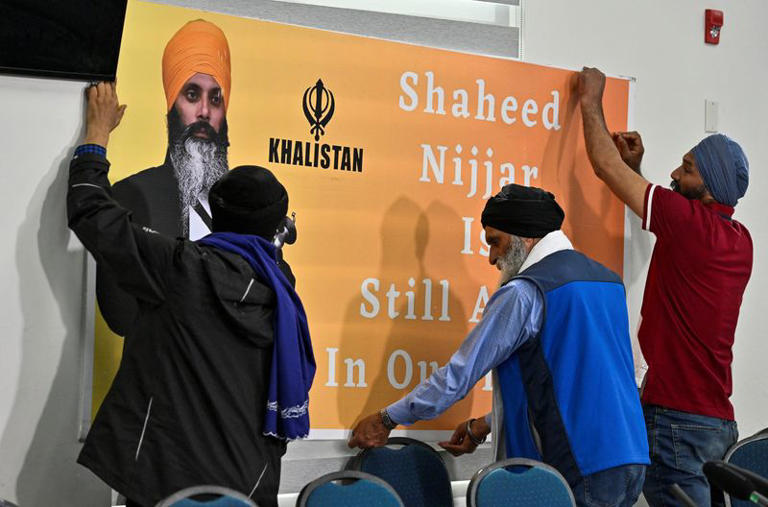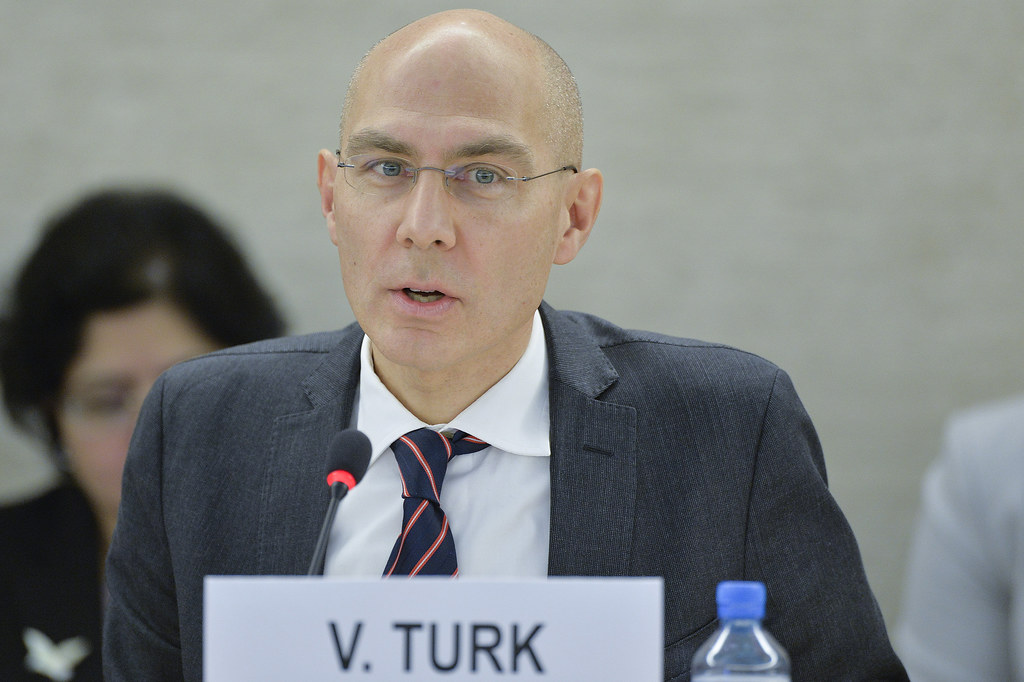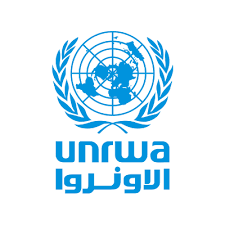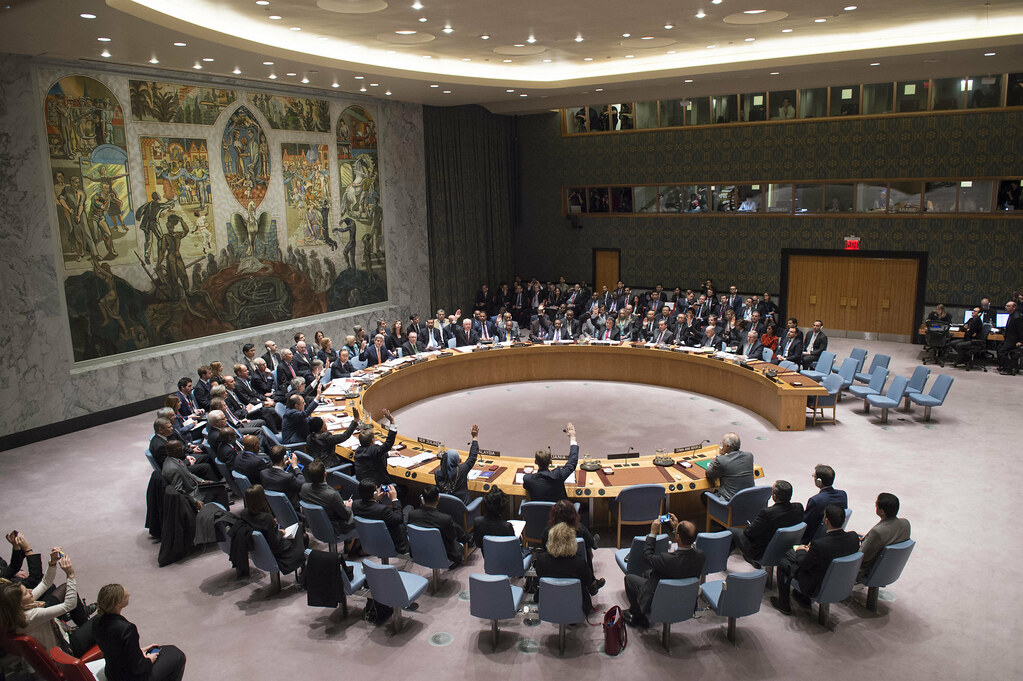Report finds strong evidence that Ethiopian government and allied forces committed acts of genocide against Tigrayans
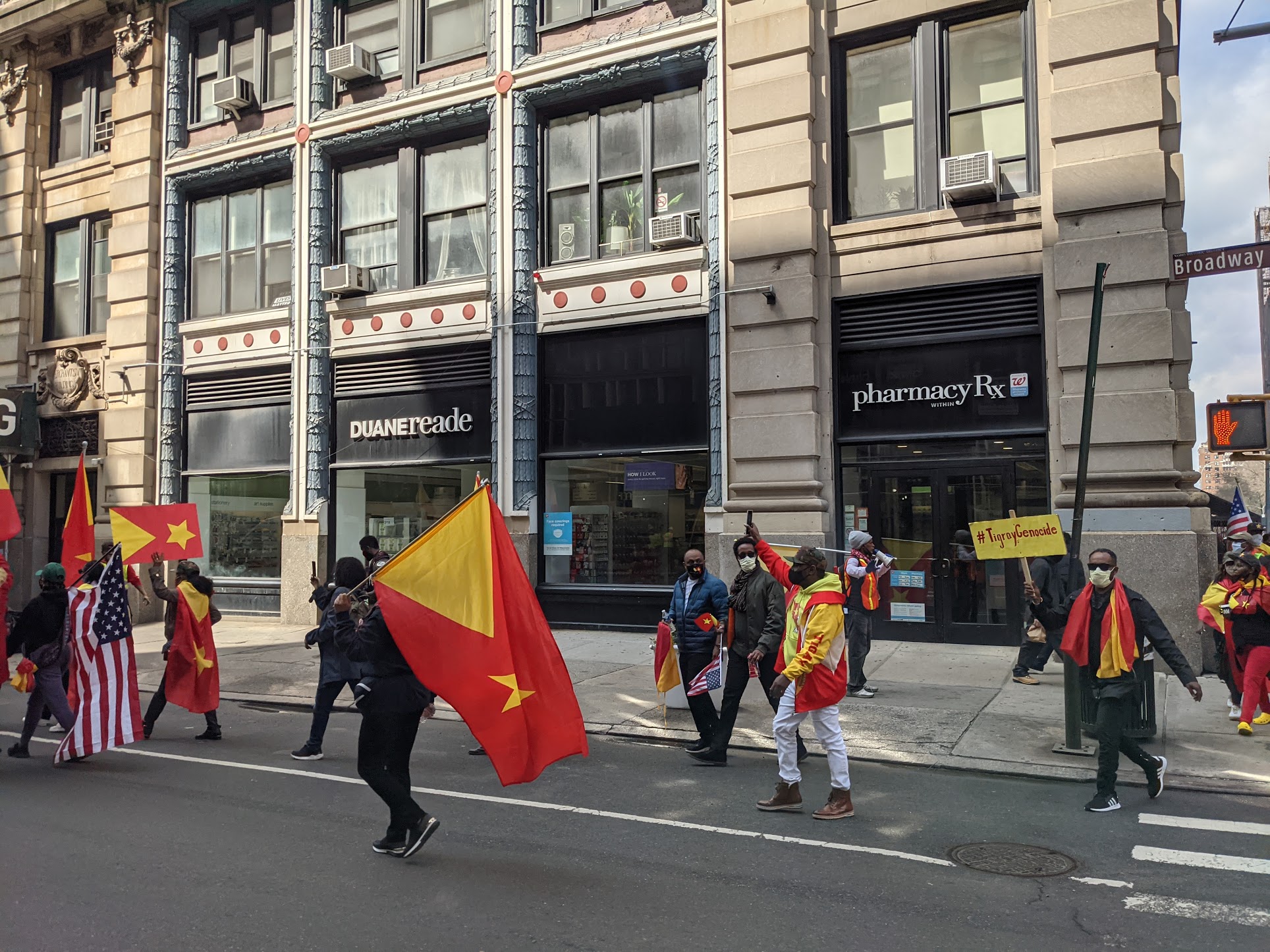 A protest against "Tigray Genocide" on March 26, 2021, in New York, NY.
A protest against "Tigray Genocide" on March 26, 2021, in New York, NY.
A report published by the New Lines Institute on 3 June has concluded that there is compelling evidence that Ethiopian forces and its allies committed genocidal acts during the Tigray war.
The 120-page document details widespread and credible independent reports that the Ethiopian forces and their allies “have violated international humanitarian law and international human rights law.”
Based on the evidence currently available the report concluded that “there is a reasonable basis to believe that members of the Ethiopian National Defence Force (ENDF), the Amhara Special Forces (ASF), and the Eritrean Defence Forces (EDF) have committed genocide against Tigrayans.”
The war in Tigray lasted for two years, from 3 November 2020 until 3 November 2022. The lives of up to 300,000 civilians and over 400,000 soldiers were claimed during the conflict.
The authors have called for Ethiopia to be brought before the International Court of Justice.
The authors have also called for the international community to pressure Ethiopia through bilateral relations. The report notes that the United States and the EU have restored financial and economic assistance despite a lack of accountability for the widespread abuses in the region.
Both Eritrea and Ethiopia have denied accusations that war crimes were carried out during the conflict.
Read more on Al Jazeera and see the full report here





